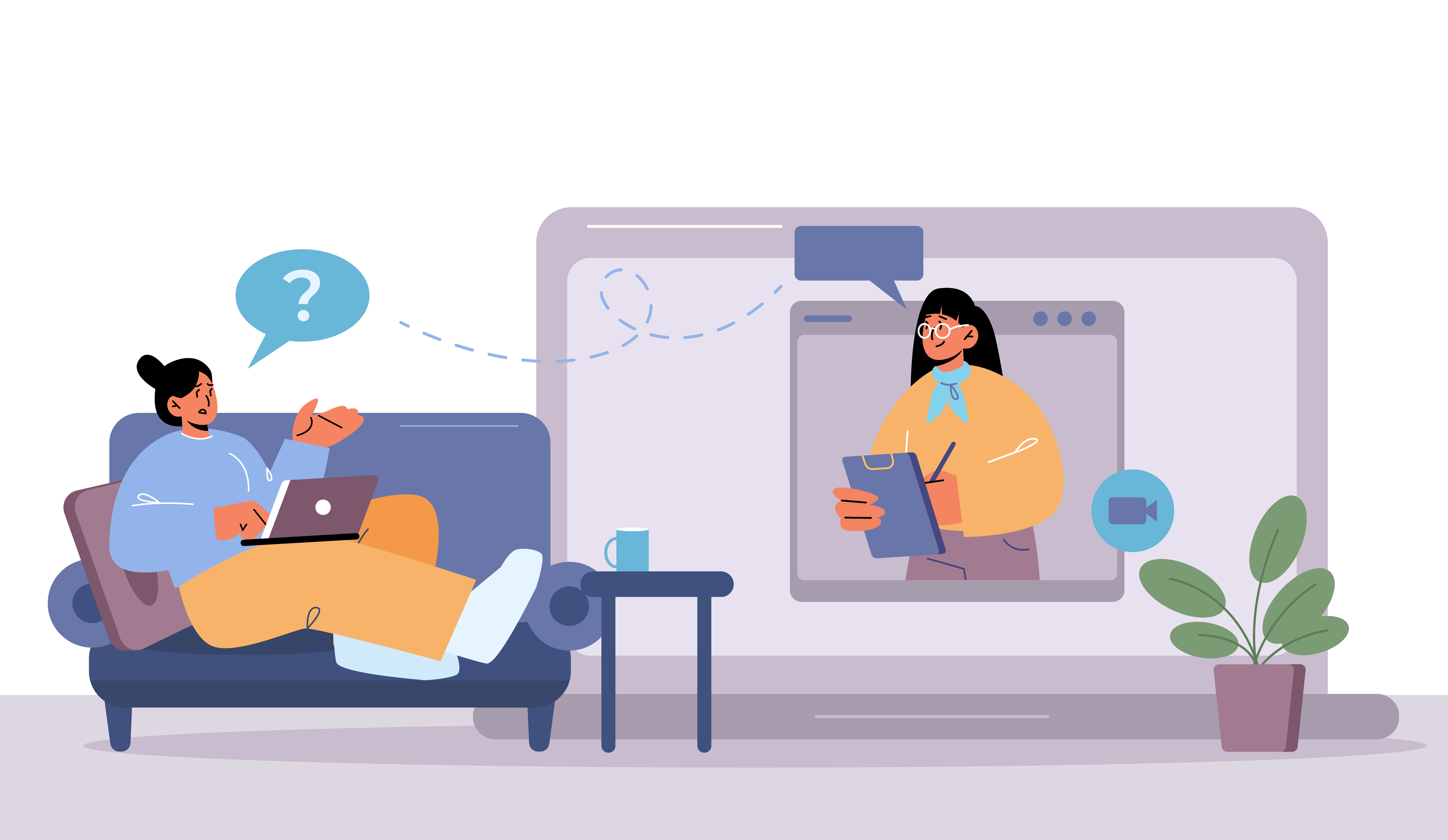
Hannah Gantt, LPCC
Choosing how you’ll train as a ketamine therapist is more than a logistical decision, it shapes your skills, your confidence, and ultimately, the care you’ll provide. As the demand for ketamine-assisted therapy grows, so does the number of certification options, ranging from fully online programs to immersive in-person retreats.
At Better U, we’ve seen firsthand how a therapist’s training experience can influence their comfort with the medicine, their ability to guide clients, and their long-term success in the field. We’re passionate about helping future ketamine therapy practitioners make informed choices, because the right training sets the tone for the kind of healer you’ll become.
While Better U is primarily known for delivering safe, at-home ketamine therapy to clients across the U.S., we also act as a bridge for clinicians, offering insight into the real-world application of the methods you’ll learn in certification programs. Whether you go online, in-person, or choose a hybrid model, we want you to understand the strengths and limitations of each approach so you can confidently choose the path that aligns with your career vision.
Ketamine therapy isn’t like traditional talk therapy. It combines medical knowledge, psychedelic-informed principles, and integration strategies into a highly specialized skill set. Training programs cover a range of competencies, including:
The format of your training, online vs in-person, will affect how you absorb these skills, how much hands-on practice you get, and how prepared you feel to work with clients.
Best for: Flexibility, self-paced learners, professionals balancing busy schedules
What It Looks Like:
Online certification programs range from pre-recorded video modules to live Zoom lectures and virtual integration groups. Some offer optional in-person components for experiential learning.
Advantages:
Limitations:
Examples of Online-Focused Programs:
Best for: Experiential learners, therapists seeking hands-on immersion, those wanting direct mentorship
What It Looks Like:These programs are often retreat-style intensives lasting 5–7 days, combining lectures with supervised ketamine therapy sessions (sometimes as both participant and guide).
Advantages:
Limitations:
Examples of In-Person Programs:
Hybrid Models: The Best of Both Worlds?
Many therapists find that hybrid programs offer the most balanced approach:
This format gives you flexibility without sacrificing the confidence that comes from hands-on training.
As a provider of at-home ketamine therapy, we see daily how training style impacts client care. Therapists who’ve had direct experiential practice often feel more confident navigating challenging moments in-session. At the same time, those who’ve gone through robust online programs tend to have a deeper grasp of the theoretical frameworks, research, and ethics behind the work.
When choosing your path, we recommend asking:
There’s no one-size-fits-all answer to online vs in-person ketamine therapy certification, but there is a right fit for you. If flexibility, affordability, and ongoing access to materials matter most, online training is likely your best option. If you value immersion, live mentorship, and hands-on practice, in-person training will give you a confidence boost you can’t replicate on Zoom.
And remember: Your training is just the beginning. Whether you’re online, in-person, or hybrid, you’ll grow most by pairing your certification with real-world application, ongoing mentorship, and a commitment to integration practices, the same principles that guide us at Better U every day.